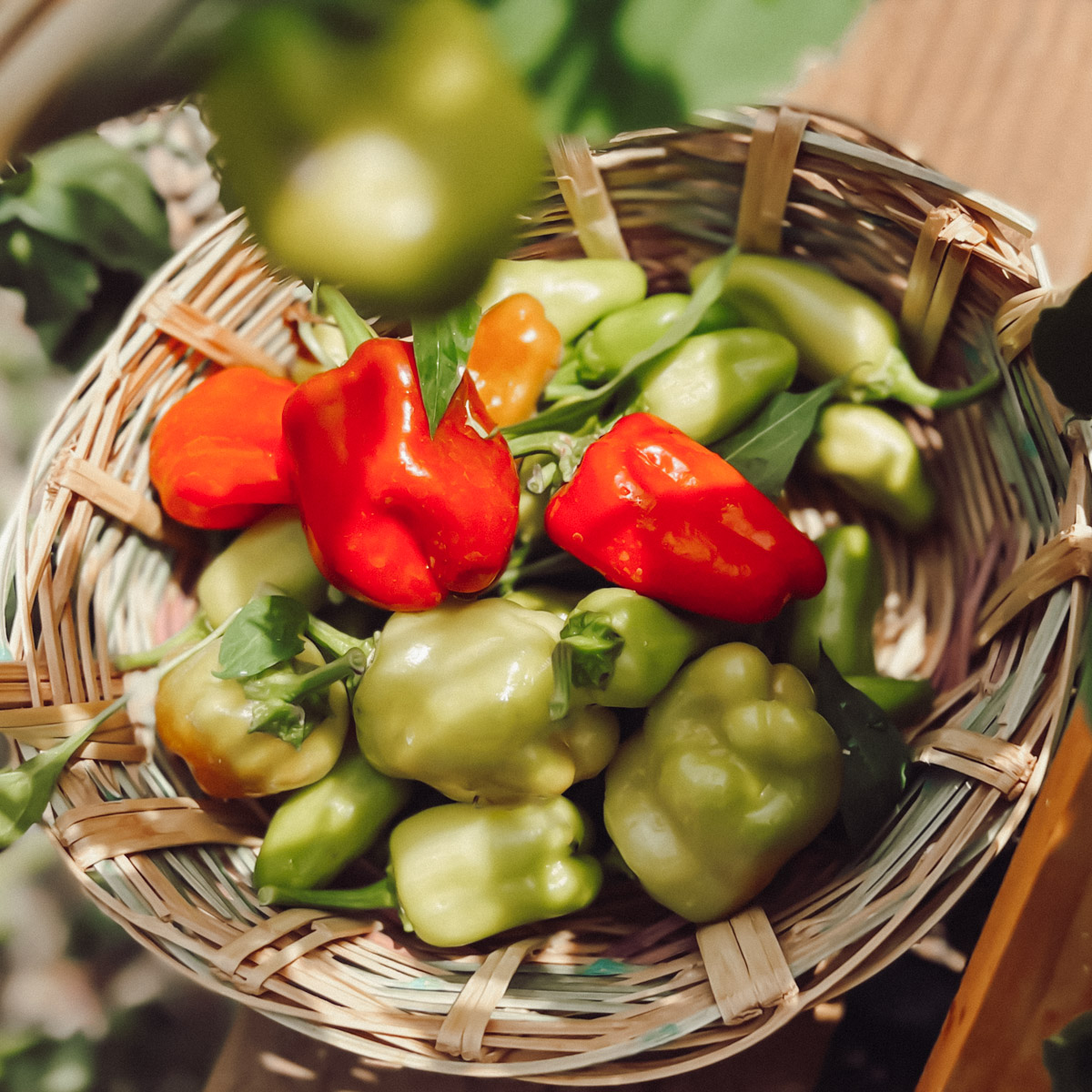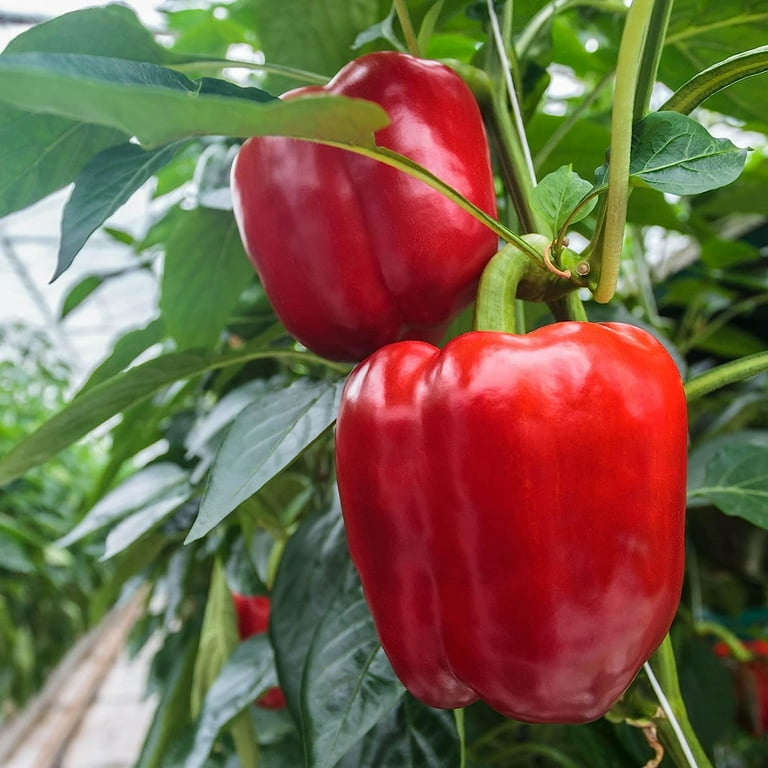Discover the Best Fertilizers for Peppers: Essential Nutrients for Growing Plants
Just How Plant Foods Play a Critical Duty in Cultivating Plentiful and healthy Pepper Crops
Plant foods serve as the foundation of effective pepper cultivation, supplying a strategic method to nurturing the soil and promoting optimal plant growth. The complex dancing in between necessary nutrients and the pepper plants' physiological processes highlights the crucial duty that fertilizers play in guaranteeing an abundant harvest. From sustaining durable origin growth to bolstering disease resistance, the effect of plant foods is significant in the growing of healthy and balanced and rewarding pepper plants. Stay tuned to discover the nuanced means in which plant foods add to the thriving of pepper plants and the sustainable methods that underpin their effectiveness.
Significance of Nutrient-Rich Fertilizers
The utilization of nutrient-rich plant foods plays a pivotal duty in enhancing the performance and high quality of pepper plants in contemporary farming practices. Pepper plants call for a balanced mix of vital nutrients to thrive and generate high yields of high quality fruits. Potassium, nitrogen, and phosphorus are main nutrients that are crucial for the growth and growth of pepper plants. Nitrogen help in leafy eco-friendly development and overall plant vitality, phosphorus supports origin development and flower manufacturing, while potassium contributes to condition resistance and fruit quality.
Inadequate levels of these nutrients can cause stunted development, reduced yields, and susceptibility to illness (best fertilizers for peppers). Nutrient-rich plant foods give a targeted solution to guarantee that pepper plants receive the required components for optimum development and performance. In addition, these fertilizers help enhance soil fertility gradually, developing a lasting environment for long-lasting pepper growing
Enhancing Plant Growth and Development
To optimize plant development and growth in pepper plants, tactical application of nutrient-rich plant foods is crucial. Plant foods play a vital role in enhancing the total wellness and performance of pepper plants by supplying them with vital nutrients that might be doing not have in the soil.
Iron, for instance, is required for chlorophyll manufacturing, which is essential for photosynthesis and general plant development. Zinc plays a crucial role in enzyme task and hormone synthesis, impacting plant growth and growth at a mobile level.

Boosting Condition Resistance With Fertilizers
By purposefully incorporating targeted fertilizers, farmers can strengthen the disease resistance of pepper crops, making certain ideal plant wellness and efficiency. Fertilizers containing crucial nutrients like nitrogen, potassium, and phosphorus play a critical function in reinforcing pepper plants' immune systems, making them extra durable to various conditions. Nitrogen, for example, help in the production of healthy proteins that are important for plant protection mechanisms. Phosphorus adds to root development, allowing plants to much better absorb nutrients and water, hence boosting their capability to repel diseases. Potassium manages processes that enhance total plant health and wellness, making peppers much more durable against microorganisms.

Making The Most Of Pepper Yield Via Fertilization
Making use of a well balanced fertilization strategy is crucial to accomplishing maximum pepper return and making sure optimal plant efficiency. By providing peppers with the appropriate nutrients at the correct time, farmers can dramatically improve their yield capacity. Phosphorus, potassium, and nitrogen are this link vital elements for pepper development, with nitrogen aiding in fallen leave and stem development, phosphorus sustaining root growth and blossom formation, and potassium advertising overall plant health and wellness.
To take full advantage of pepper yield, it is vital to conduct soil examinations to figure out existing vitamins and mineral levels and recognize any shortages that need to be dealt with. Based on these this hyperlink outcomes, farmers can develop a tailored fertilizing plan that meets the certain demands of their pepper crops. Furthermore, correct fertilizing techniques such as split applications throughout the growing period can ensure continuous nutrition schedule for the plants.

Lasting Fertilizer Practices for Peppers
In taking into consideration sustainable fertilizer practices for peppers, it is essential to concentrate on long-lasting dirt wellness and ecological stewardship in combination with optimizing plant performance. Lasting plant food practices aim to improve or maintain soil fertility while reducing negative environmental impacts. One vital strategy is making use of organic fertilizers such as compost, manure, or cover crops, which not only provide vital nutrients to the peppers however likewise contribute to soil structure and microbial activity. These organic options help build organic issue in the dirt, improving its capability to maintain water and nutrients, consequently sustaining long-lasting crop health and resilience.
In addition, accuracy farming techniques, such as soil screening and targeted nutrient applications, can assist optimize plant food use, guaranteeing that peppers receive the nutrients they require without excess overflow into rivers. This not only profits the atmosphere by decreasing pollution however also conserves expenses for farmers by reducing waste. By adopting lasting fertilizer methods, pepper growers can secure the health of their plants, soil, and bordering environments for future generations.
Conclusion
Finally, fertilizers are essential for growing healthy and balanced and plentiful pepper plants. best fertilizers for peppers. They provide needed nutrients for plant growth and growth, boost illness resistance, and maximize yield. By applying sustainable plant food techniques, farmers can guarantee the lasting wellness of their pepper plants and add to a more environmentally-friendly and reliable agricultural system
The elaborate dancing in between helpful hints essential nutrients and the pepper plants' physical procedures underscores the essential duty that fertilizers play in guaranteeing a plentiful harvest.To optimize plant growth and advancement in pepper plants, strategic application of nutrient-rich fertilizers is crucial. Fertilizers play a critical role in enhancing the overall health and wellness and performance of pepper plants by giving them with important nutrients that may be doing not have in the dirt.By tactically integrating targeted plant foods, farmers can strengthen the condition resistance of pepper plants, ensuring optimal plant health and productivity. Fertilizers including necessary nutrients like phosphorus, potassium, and nitrogen play a vital duty in enhancing pepper plants' immune systems, making them a lot more durable to different diseases.